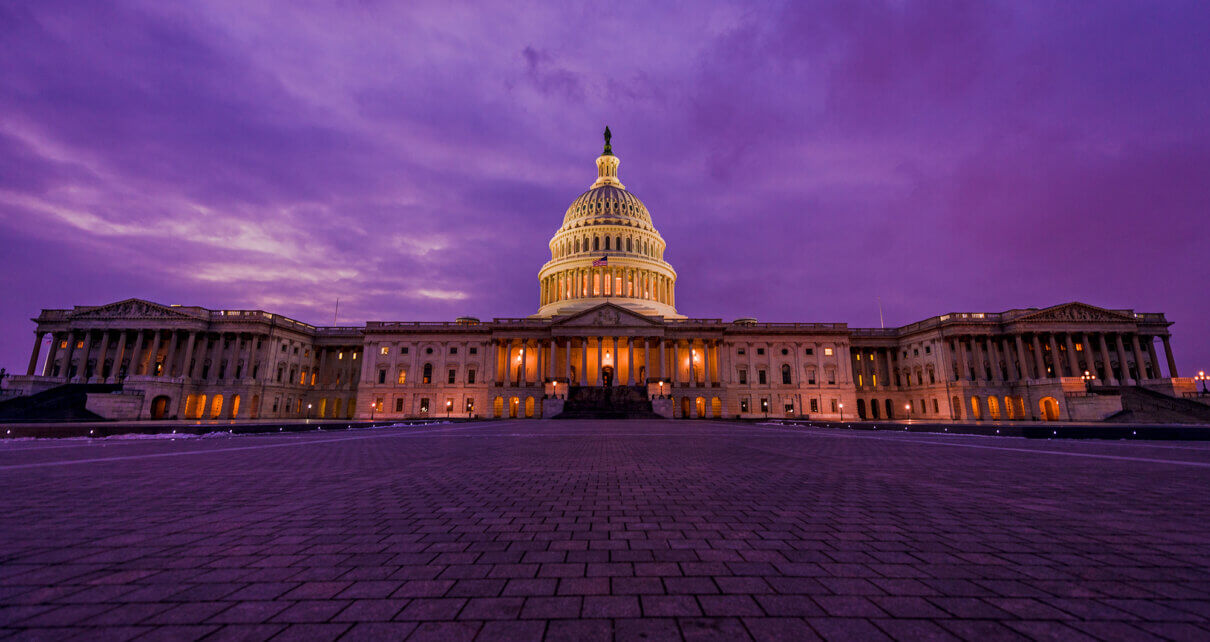As of Jan. 19, the United States has hit the debt ceiling. The limit on the U.S. debt has been met at $31.4 trillion and may only be surpassed in the future.
To define the issue, the debt ceiling is the restriction of the amount of debt that the U.S. can possess, established by Congress, which becomes a problem when there is not enough revenue to match or surpass government spending. There was a law established to go along with upholding the debt ceiling during World War I, which is still in effect today.
Congress ultimately decides whether or not to raise the debt ceiling, which has been done 78 times since 1960.
Some members of the House, like U.S. Representative Chip Roy (R-TX), see the debt ceiling rise as inevitable and believe that cutting government spending is the most important action to take to balance the budget.
This is despite the Republican majority in the House, led by Kevin McCarthy, being opposed to cutting spending on military defenses, though there also seems to be opposition to cutting Social Security and Medicare.
Notably, this differs from most previous Congress Republicans as the Republican Party has historically been in favor of cutting social programs like Medicare and Social Security.
Nonetheless, leadership within the House Republicans is less likely to go through with raising the debt ceiling until the budget is modified and spending cuts are agreed upon by both Democrats and Republicans in Congress.
As reported by Reuters, the Department of the Treasury’s secretary, Janet Yellen, has halted the defaulting of debt until June 5 due to the difficulty of accurately forecasting government revenue and spending any further beyond said date.
However, the Treasury also warns that they may enact emergency cuts to government spending before June 5, if necessary, to the opposition of the Senate’s Democratic majority’s plans for the budget.
Between the House and the Senate, the Democratic majority in the Senate under the leadership of Chuck Schumer refuses to halt spending.
This year’s bills are akin to 2022’s spending package of about $1.66 trillion. Schumer believes that cutting spending on behalf of the Republican Party would lead to an economic downfall.
Within the Senate Republicans, Senate Minority Leader Mitch McConnell believes that halfway through 2023, possibly before June 5, the debt ceiling will be lifted as negotiated within both Congress and the White House as the US has never defaulted on debt before.
As reported by the Associated Press, White House Press Secretary Karine Jean-Pierre has issued a statement on how raising the debt ceiling is not a negotiable issue within Congress, and that they should go on with raising the debt ceiling as has been done before.
The statement was issued on behalf of President Joe Biden whose goal is to limit the impact of the debt ceiling issue on the economy as opposed to continuing negotiations.
According to The New York Times, the Ways and Means House Committee Chair, Jason Smith of Missouri, stated that President Joe Biden should collaborate with the House Republicans in discussing the debt ceiling.
However, Joe Biden has indicated that he refuses to participate in negotiation on this urgent issue.
The possible reasoning for the U.S. never defaulting on its debt in the past is to maintain the American dollar as one of the world’s strongest currencies, and to maintain the integrity of bonds and other assets issued by the government on credit, which currently helps the American economy in the face of international trading partners.
Defaulting on the debt without raising the debt ceiling would make the U.S. economy less reputable to the rest of the world.
If the government ultimately defaults by June 5, many fear that the economy could suffer.
There could be a lack of funding for social programs like Medicare, Medicaid, and Social Security. There could also be a lack of funding for the military’s defenses and the salaries of federal government employees. Currently, the solution has not yet been decided on what cuts are to be made on essential government programs and/or regarding how high to raise the debt ceiling once again for the next fiscal year before the Treasury takes action themselves.
Regardless, the worry of the state of necessary funds and programs in 2023 and 2024 impacts working American families and the economy’s image on an international scale due to the uncertainty of when the debt ceiling will be raised once again and how the government will spend their money this time.
“Any default would ultimately harm working people. Budget cuts will inevitably come from safety net programs designed to keep working Americans and those in poverty afloat. If House Republicans allow this issue to go unaddressed, they will be responsible for worsening an already tough economic situation for the everyday American and those less fortunate,” said a senior political science student.
On the other hand, a junior homeland security student said, “The government spends too much money and is reckless. The government should spend within its means and reorganize its priorities to meet needs we have at home first.”



